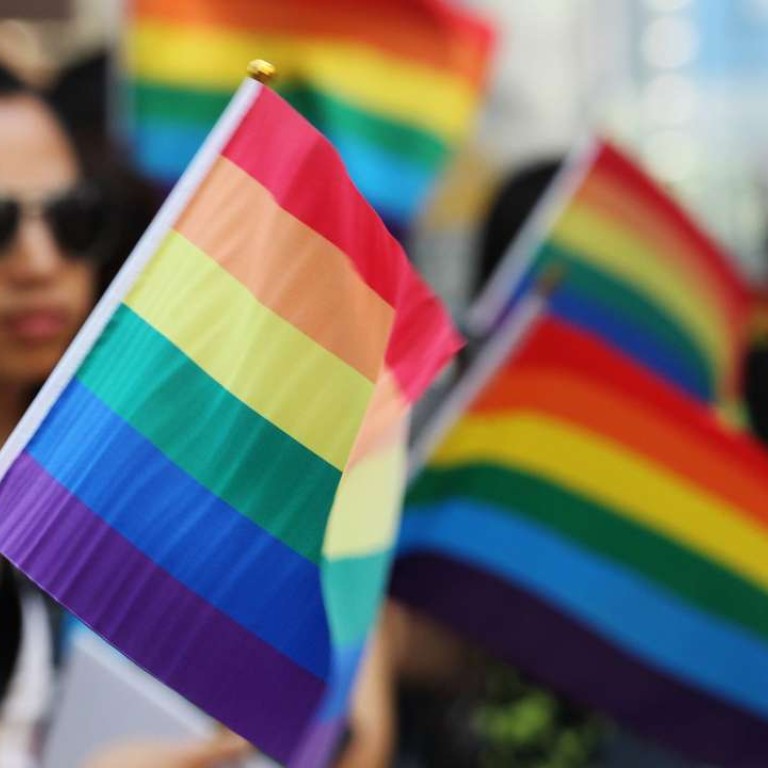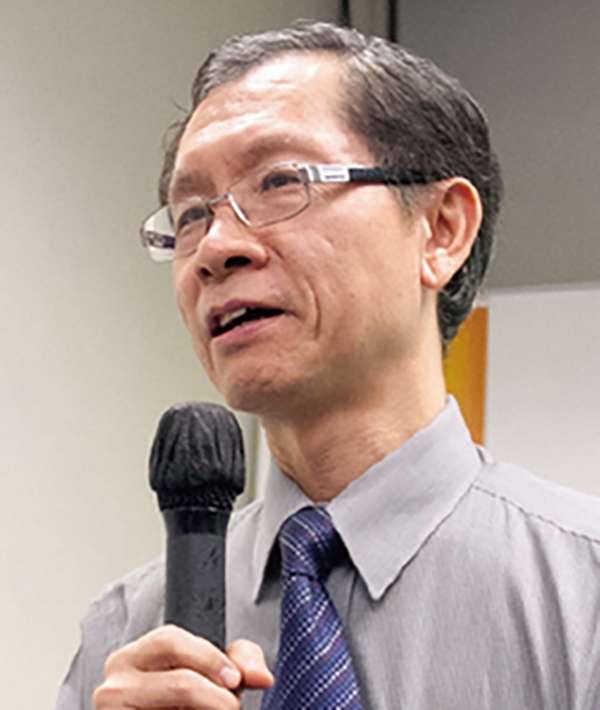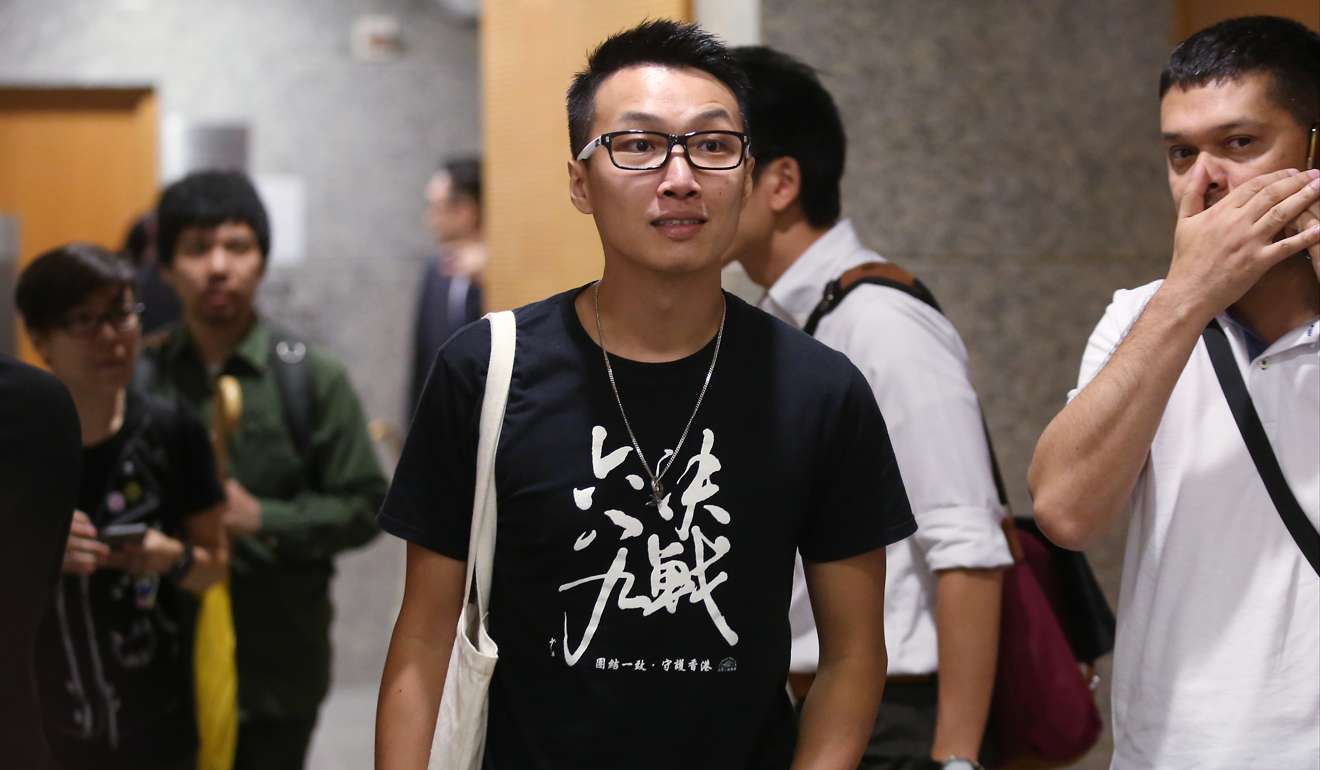
Leader of Hong Kong Christian group slams landmark ruling on spousal benefits for gay civil servants
Society for Truth and Light general secretary Choi Chi-sum calls decision a blow against institution of marriage
Others, however, feel that the government should offer even more legal protections to the gay community. During a heated debate on an RTHK radio programme on Tuesday, Rainbow Action spokesman Jimmy Sham Tsz-kit called for the implementation of an anti-discrimination law.

“[The ruling] is a step forward. But it is still far from achieving real equality for gay people,” Sham said.
Choi Chi-sum, general secretary of the Society for Truth and Light, a conservative Christian group, said the city had no obligation to recognise the legitimacy of marriages in foreign countries, and it was unfair for taxpayers to foot the bill.
“We are disappointed at the ruling. The government should appeal,” Choi said.
The High Court ruled last week that gay civil servants who tied the knot abroad should be entitled to welfare benefits for their spouses. It called existing government policy “indirect discrimination” in the case of a gay immigration officer seeking equal treatment for his spouse.
“The ruling has violated the institution of marriage in Hong Kong,” Choi said. The court should not override the opinion of Hong Kong people, he added, claiming that the majority were against same sex marriage.

Choi cited the example of child marriage and polygyny, which are legal in many Middle East countries.
“Does that mean we should recognise child marriage ... and grant social benefits to all the wives of the husband?”
Marco Wan, associate professor at the University of Hong Kong’s law school, said the case did not challenge the definition of marriage. Instead the judicial review focused only on whether the act of not granting benefits to civil servants’ gay spouses was lawful.
“Strictly speaking, the ruling did not touch on the definition of marriage,” he said.
The Court of First Instance ruled in Leung’s favour against the bureau, but not against the taxman.
Wan explained that this was partly because a provision of the department’s ordinance clearly states that a marriage is between a man and a woman. But the Civil Service Regulations do not specify the nature of marriage.
In his 44-page judgment, Mr Justice Anderson Chow Ka-ming wrote: “I am unable to see how denial of ‘spousal’ benefits to homosexual couples ... legally married under foreign laws could or would serve the purpose of not undermining the integrity of the institution of marriage in Hong Kong, or protecting the institution of the traditional family.”
The Civil Service Bureau earlier said it would examine the judgment in detail, with the Department of Justice to decide on its next step.
Civil servants and their spouses enjoy fringe benefits relating to medical, dental, housing and education allowances. Those who joined the government before August 1, 1996, may also claim a school passage allowance of up to HK$23,600 for their eligible children.
If civil servants are killed in the line of duty, their surviving spouses are entitled to a death gratuity, accrued Mandatory Provident Fund benefits, contract gratuity, or a death payment of 36 months’ salary, depending on appointment terms.
The surviving family may retain their departmental quarters until the normal retirement age of the deceased employee had he or she lived. As an alternative, the administration will help the surviving family obtain more permanent accommodation in the city’s public housing estates. Children may continue to receive education allowances until they turn 19.

